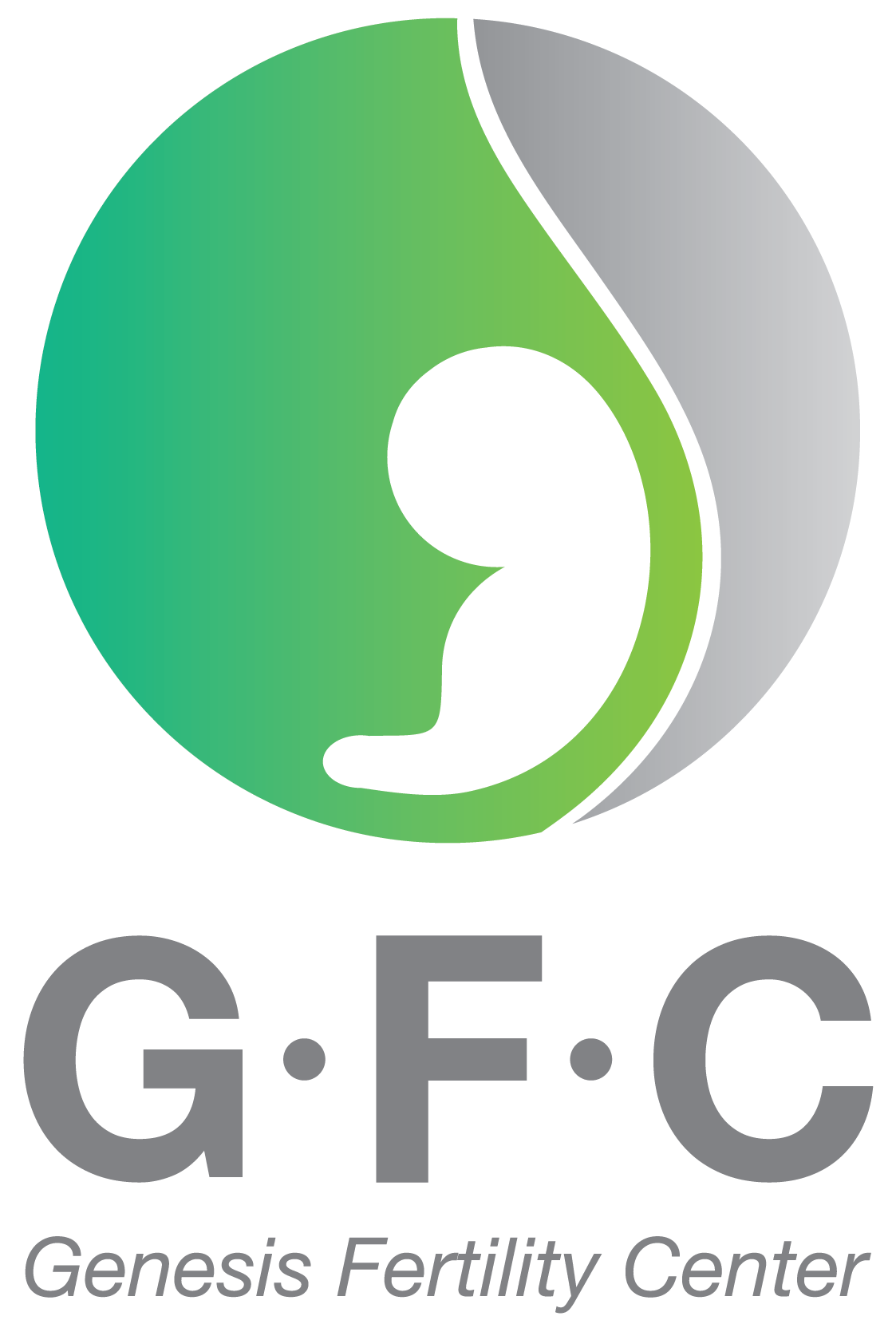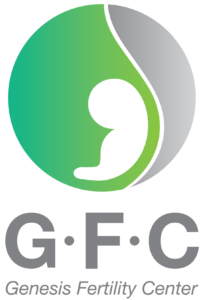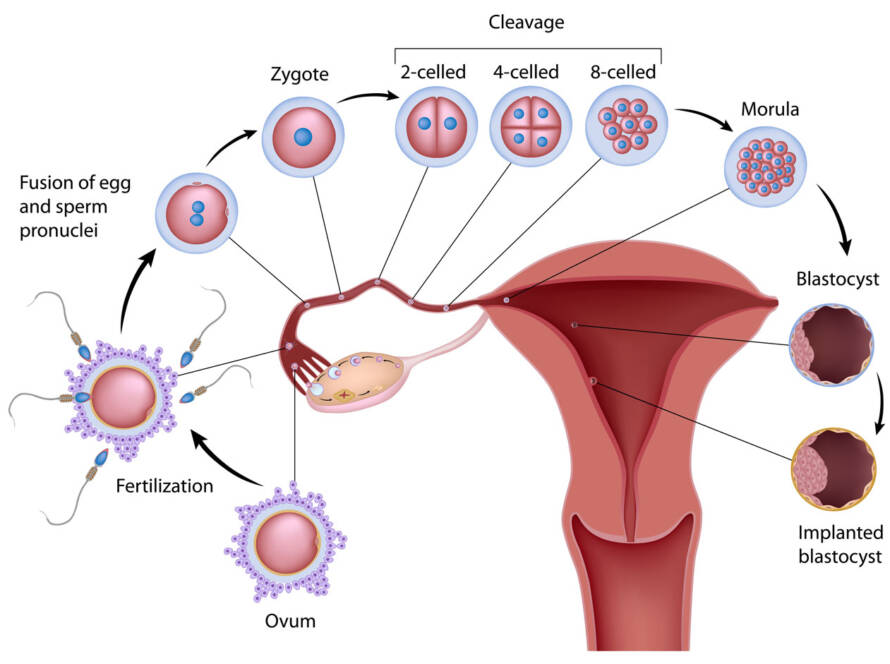IUI, ICSI, and IVF are assisted reproductive technologies for treating, the answers for those who want to have children.
The issue of infertility is an unwelcome obstacle for couples who desire to enrich their lives and build a family by adding a little one as a new member. If a couple encounters infertility, it can be a cause for great concern. However, with the rapid advancements in medical technology, couples who wish to conceive can achieve success. If you are someone who is facing infertility and is currently researching information and treatment options, this article can help provide various methods to address this issue.
Currently, there are several treatment options available for infertility, including Intrauterine Insemination (IUI), In Vitro Fertilization (IVF), and Intracytoplasmic Sperm Injection (ICSI). The choice of treatment for infertility depends on the underlying cause of infertility and other contributing factors, such as age, duration of attempting to conceive, and cost-effectiveness when compared to other treatment options.
IUI (Intrauterine insemination)
Intrauterine Insemination (IUI) involves the direct injection of pre-selected, viable sperm into the uterus. This method is considered to be the closest to natural conception, as the selected sperm is strong enough to swim towards the egg on the day of ovulation. IUI increases the chances of successful fertilization by facilitating the sperm’s ability to reach and fertilize the egg. To ensure success, the male partner’s sperm should be pre-screened and only those that are strong and viable, at least 1 million, should be used for IUI. If less than this amount is used, the chances of pregnancy are significantly reduced.
What are the procedures for IUI?
The IUI procedure involves the insertion of a thin, flexible catheter into the cervix and then into the uterus, through which a small syringe containing pre-selected sperm is injected directly into the uterus. This process increases the number of viable sperm that reach the uterus, thus increasing the chances of successful fertilization and pregnancy. Successful pregnancy occurs when the sperm and egg meet and the fertilized egg implants in the lining of the uterus.
IVF (In-Vitro Fertilization) is a process where mature eggs are extracted from the female ovaries and combined with healthy sperm from the male in a laboratory dish to achieve fertilization outside the body. The resulting fertilized eggs or embryos are then implanted into the uterus to establish a normal pregnancy.
What are the procedures for IVF?
The process of IVF involves several steps. First, the doctor will assess the woman’s readiness and stimulate ovulation by injecting hormones into her abdomen for about 8–14 days, starting from day 2–3 of her menstrual cycle. Once the eggs are ready, they will be retrieved and combined with the male partner’s sperm. The resulting embryos are then cultured in a laboratory for 3–5 days, after which the doctor will transfer the embryos to the woman’s uterus. The doctor will then monitor the pregnancy hormone levels in the woman’s blood about 10 days after the embryo transfer.
ICSI (Intracytoplasmic sperm injection)
ICSI is another option for couples who have difficulty conceiving and want to have a child. ICSI involves selecting the strongest sperm by using a microscope to inject it directly into the egg with a small needle. The fertilized egg is then nurtured in a laboratory with special nutrients until it reaches the appropriate stage of development. The embryo is then implanted into the uterus to initiate pregnancy.
What are the procedures for ICSI?
During the ICSI process, the doctor stimulates the egg on day 2 of the menstrual cycle, continuously for 8–14 days until the egg is matured for ovulation. The doctor will then perform an ultrasound to check the size and number of follicles. The doctor will then retrieve the egg using a small needle, after which it is fertilized with the selected sperm in a laboratory. After that, hormones are administered to prepare the uterus for pregnancy. When reaching a healthy stage, the embryos are then injected into the uterus through the birth canal.
Which treatment is better?
In treating infertility, the best treatment approach depends on the doctor’s discretion as to which method is suitable for the couple. The doctor will evaluate the infertility condition, starting with examining both the female and male bodies to find the causes of infertility, such as checking the quality of semen, conducting internal examination, performing ultrasounds, checking for abnormal hormone levels in the blood, and doing X-rays to examine the fallopian tubes, among others. Once the examination is complete, the doctor will know the cause of the infertility and begin treatment by first addressing the underlying cause. However, if the treatment is unsuccessful or in the case of older women, the use of assisted reproductive technology may be necessary to increase the chances of conception.
There are various methods available for treating infertility nowadays, which depend on the underlying causes of infertility for each couple, as every couple is unique. Some treatment options may not work well for one couple but may be effective for another. Therefore, selecting an appropriate treatment method is crucial and should be considered a top priority in increasing the chances of pregnancy for each couple.
If you are a couple seeking advice regarding infertility, Genesis Fertility Center is a clinic specializing in treating infertility. We currently offer ICSI as a treatment method, which utilizes technology and innovation to address infertility problems, from identifying the causes to selecting the most suitable and cost-effective treatment option, which provides the highest chance of success.
Call Center 097-484-5335
Monday–Friday: 9.00–20.00 Saturday–Sunday: 8.00–20.00.



